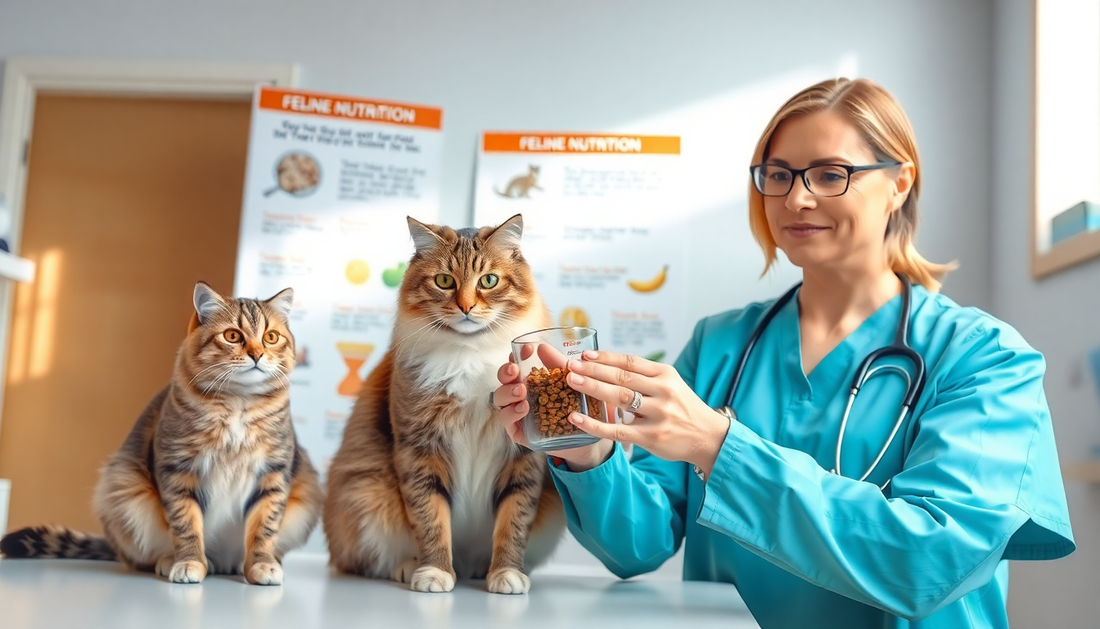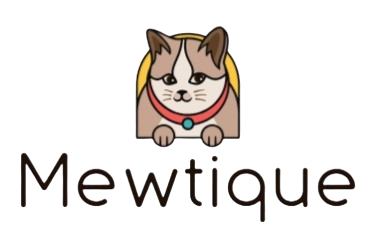
Nutrition Tips: Feeding Your Cat the Right Way
Share
As a cat owner, ensuring your feline friend receives proper nutrition is crucial for their overall health and well-being. Unfortunately, there are many misconceptions and misinformation surrounding cat feeding, which can lead to suboptimal nutrition and potential health issues. In this blog post, we'll explore the essential tips for feeding your cat the right way.
Understanding Your Cat's Nutritional Needs
Cats have unique dietary requirements that differ from other pets. As obligate carnivores, they require a diet rich in high-quality animal proteins, essential fatty acids, and specific vitamins and minerals. The nutritional needs of your cat can also vary depending on their age, activity level, and any underlying health conditions.
It's important to understand that kittens, adult cats, and senior cats have different nutritional requirements. Kittens, for example, need more calories and protein to support their rapid growth and development, while senior cats may require a diet tailored to their slowing metabolism and potential health issues.
Choosing the Right Cat Food
When it comes to selecting the right cat food, the options can be overwhelming. The decision between wet and dry food, or a combination of both, can significantly impact your cat's overall health. Wet food, for instance, can provide more moisture and may be easier for some cats to digest, while dry food can help maintain dental health.
Carefully reading the food labels and avoiding harmful ingredients, such as artificial preservatives, colors, and fillers, is crucial. Look for cat food that lists high-quality animal proteins as the primary ingredients and provides a balanced blend of nutrients.
Feeding Portions and Frequency
Determining the appropriate feeding portions and frequency for your cat can be a bit of a trial-and-error process. As a general guideline, cats should consume between 20-30 calories per pound of body weight per day, divided into multiple smaller meals. However, this can vary based on your cat's age, activity level, and overall health.
It's essential to monitor your cat's weight and adjust their portions accordingly. Overfeeding can lead to obesity, while underfeeding can result in malnutrition. Consult with your veterinarian to establish the optimal feeding routine for your cat.
Special Dietary Considerations
Some cats may have specific dietary needs due to health conditions, such as diabetes, kidney disease, or food allergies. In these cases, it's crucial to work closely with your veterinarian to develop a specialized feeding plan that addresses your cat's unique requirements.
Additionally, senior cats and those struggling with weight management may benefit from a diet tailored to their needs. Proper hydration and the occasional use of supplements, such as probiotics or omega-3 fatty acids, can also be beneficial for certain cats.
Conclusion
Feeding your cat the right way is essential for their overall health and well-being. By understanding their unique nutritional needs, choosing high-quality cat food, and establishing a proper feeding routine, you can ensure your feline friend thrives. Remember to consult with your veterinarian if you have any concerns or questions about your cat's nutrition. With the right approach, you can help your cat live a long, healthy, and happy life.
